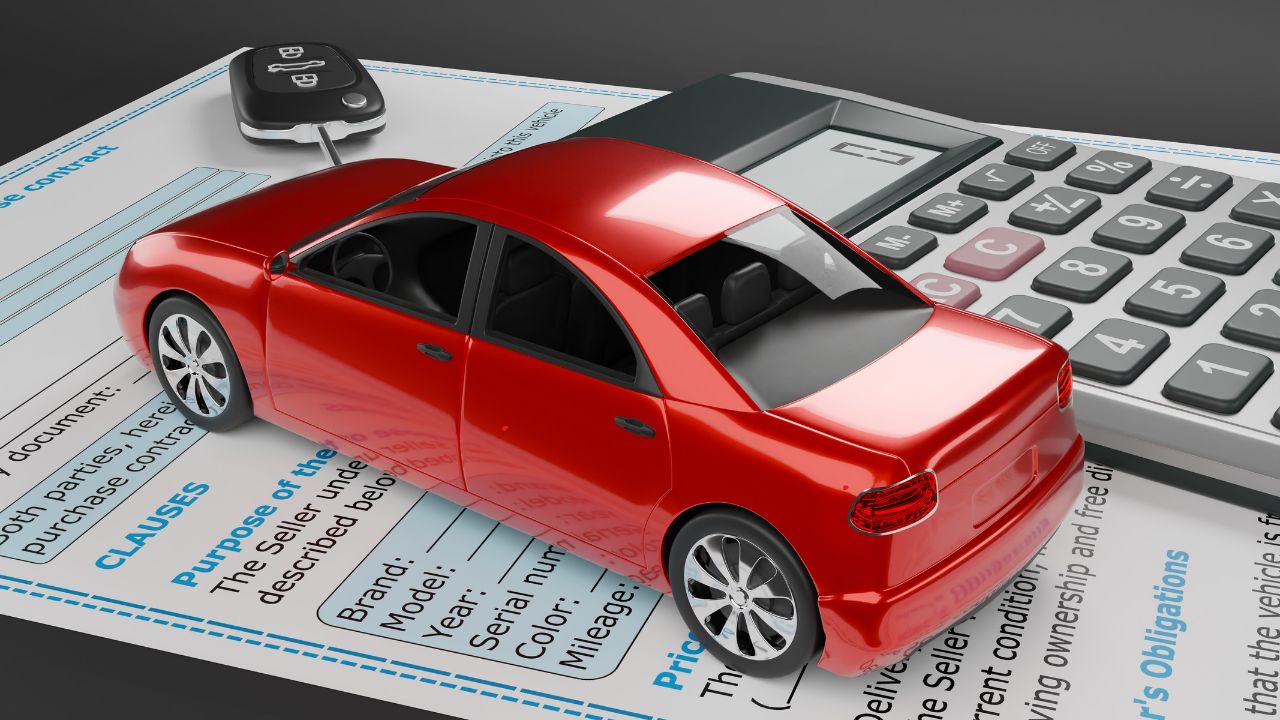Buying a used car in Michigan can feel like navigating a maze, especially when it comes to understanding the taxes and fees involved. These costs aren’t just add-ons—they’re a crucial part of your purchase budget. Whether you’re buying your first vehicle or upgrading to a newer model, having a clear understanding of Michigan’s vehicle registration taxes and fees can save you from unexpected surprises.

In this guide, we’ll break down how these fees are calculated, tips for estimating them, and how tools like a Michigan license plate lookup can simplify the process.
How Vehicle Registration Taxes and Fees Are Calculated in Michigan
Michigan uses a straightforward but detailed system to calculate registration taxes and fees for vehicles, including used cars. Here’s how it works:
Base Registration Fee
For most passenger vehicles, the base registration fee in Michigan depends on the car’s original Manufacturer’s Suggested Retail Price (MSRP). This is true regardless of whether you’re buying the vehicle new or used. As the vehicle ages, the fee decreases incrementally each year, typically stabilizing after the vehicle is 11 years old.
Title Transfer Fee
When you purchase a used car, you must transfer the title into your name. In Michigan, the title transfer fee is a flat rate of $15. However, if you want to expedite the process, there’s an additional $5 fee for instant processing.
Sales Tax
Sales tax is a significant portion of your total cost. In Michigan, sales tax is calculated at 6% of the purchase price or the vehicle’s fair market value—whichever is higher. This means even if you get a great deal on a car, you might still pay taxes based on its market value.
Additional Fees
Depending on your situation, you might encounter other fees, including:
- License Plate Fee: A new license plate costs $5.
- Plate Transfer Fee: If you’re transferring an existing plate from another vehicle, the fee is $10.
- Late Fees: Michigan charges a $10 late fee if you don’t register your vehicle within 15 days of purchase.
Understanding these basic fees gives you a foundation, but what factors determine how much you’ll pay for a specific used car?
Tips for Estimating Costs Based on Vehicle Age and Condition
To estimate taxes and fees for a used car in Michigan, you’ll need to consider a few key factors:
1. Vehicle’s Age
The vehicle’s age directly impacts the registration fee. Newer cars have higher registration fees because they’re based on the car’s original MSRP. For older vehicles, these fees taper off significantly after the car is 11 years old.
For example, a five-year-old sedan with an MSRP of $25,000 will have a higher registration fee than a 12-year-old truck, even if the truck originally had a higher MSRP.
2. Purchase Price
While sales tax is calculated on the purchase price or market value (whichever is higher), the actual purchase price can still influence your costs. If the purchase price is unusually low, be prepared for the state to use the fair market value instead.
3. Condition of the Vehicle
The condition of the vehicle doesn’t directly affect taxes and fees, but it can influence your total budget. For instance, a car with significant wear and tear might cost less upfront but could require immediate repairs or maintenance.
4. Existing License Plates
If the used car you’re purchasing already has valid Michigan plates, you might be able to transfer them to your name for a lower fee. However, if the plates are expired or registered in another state, you’ll need to budget for new plates.
How a License Plate Lookup Provides Essential Details for Tax Calculations
When purchasing a used car, knowing the vehicle’s history can help you anticipate registration costs. This is where a vehicle tag lookup comes in handy.
A license plate lookup allows you to access key information about the car, including:
- Original MSRP: Essential for calculating registration fees.
- Ownership History: Helps determine if the car was previously registered in Michigan or another state.
- Vehicle Details: Includes the make, model, and year, which are crucial for estimating costs.
- Accident History: While not directly tied to taxes and fees, knowing the accident history can affect your decision to purchase the vehicle.
By using this tool, you can gather accurate information about the car before making a purchase, ensuring you’re well-prepared for the costs associated with registration.
Final Thoughts
Understanding Michigan’s vehicle taxes and fees is a critical part of buying a used car. From calculating registration fees based on MSRP to estimating sales tax and knowing when to transfer license plates, there are many factors to consider. Using tools like a license plate lookup can simplify the process, giving you the information you need to plan your budget effectively.
Start your calculation with our Michigan License Plate Lookup Owner tool.